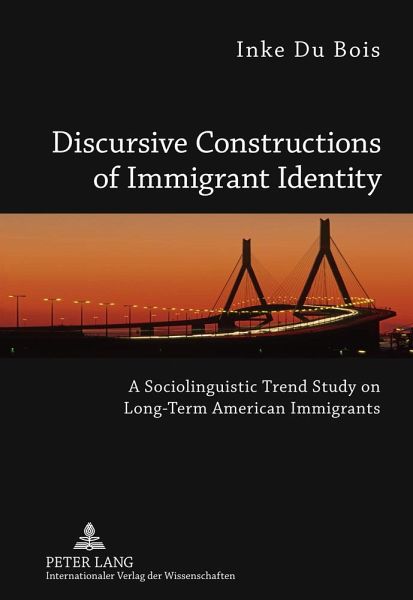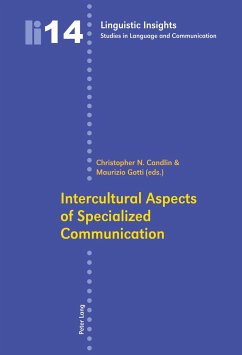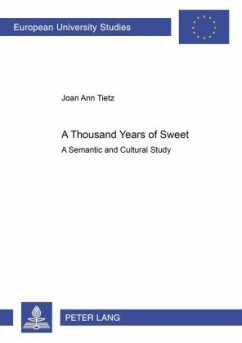
Discursive Constructions of Immigrant Identity
A Sociolinguistic Trend Study on Long-Term American Immigrants
Versandkostenfrei!
Versandfertig in 6-10 Tagen
57,75 €
inkl. MwSt.

PAYBACK Punkte
0 °P sammeln!
In which way can language be an indicator for cultural identity in immigration contexts? How are collective identity, social networks and the use of the inclusive pronoun 'we' connected? Does code-switching in additive bilingualism and first language attrition indicate a loss of home cultural identity? Designed as a longitudinal trend study, this book answers such complex questions as it investigates data collected from interviews with thirty U.S. Americans who immigrated to Germany between 1963 and 2001. On the one hand, in-depth discourse analyses take the discursive construction of identity...
In which way can language be an indicator for cultural identity in immigration contexts? How are collective identity, social networks and the use of the inclusive pronoun 'we' connected? Does code-switching in additive bilingualism and first language attrition indicate a loss of home cultural identity? Designed as a longitudinal trend study, this book answers such complex questions as it investigates data collected from interviews with thirty U.S. Americans who immigrated to Germany between 1963 and 2001. On the one hand, in-depth discourse analyses take the discursive construction of identity within the sociopolitical context of Germany into account. Narrative structures, person and place deictics and code-switching are indexical for cultural identity. On the other hand, socio-demographic factors such as age at arrival, length of residence, social networks and education are relevant for the identification of the Americans and their linguistic choices. Qualitative and quantitative methods are applied and result in a synthesis of in-depth linguistic analyses and general trends of language variation within the cohort.












